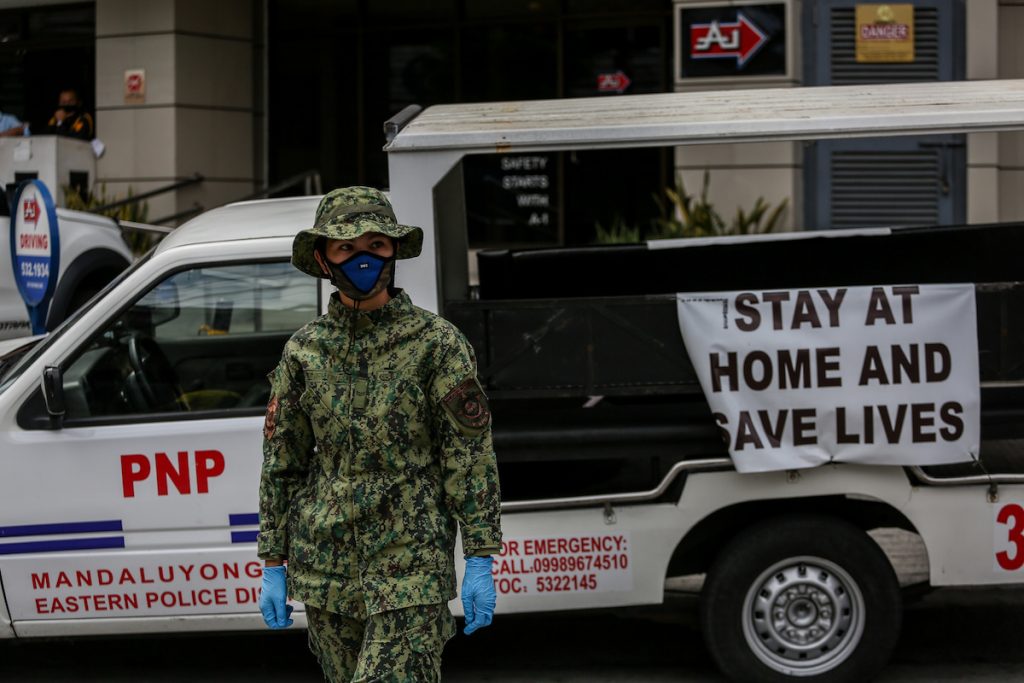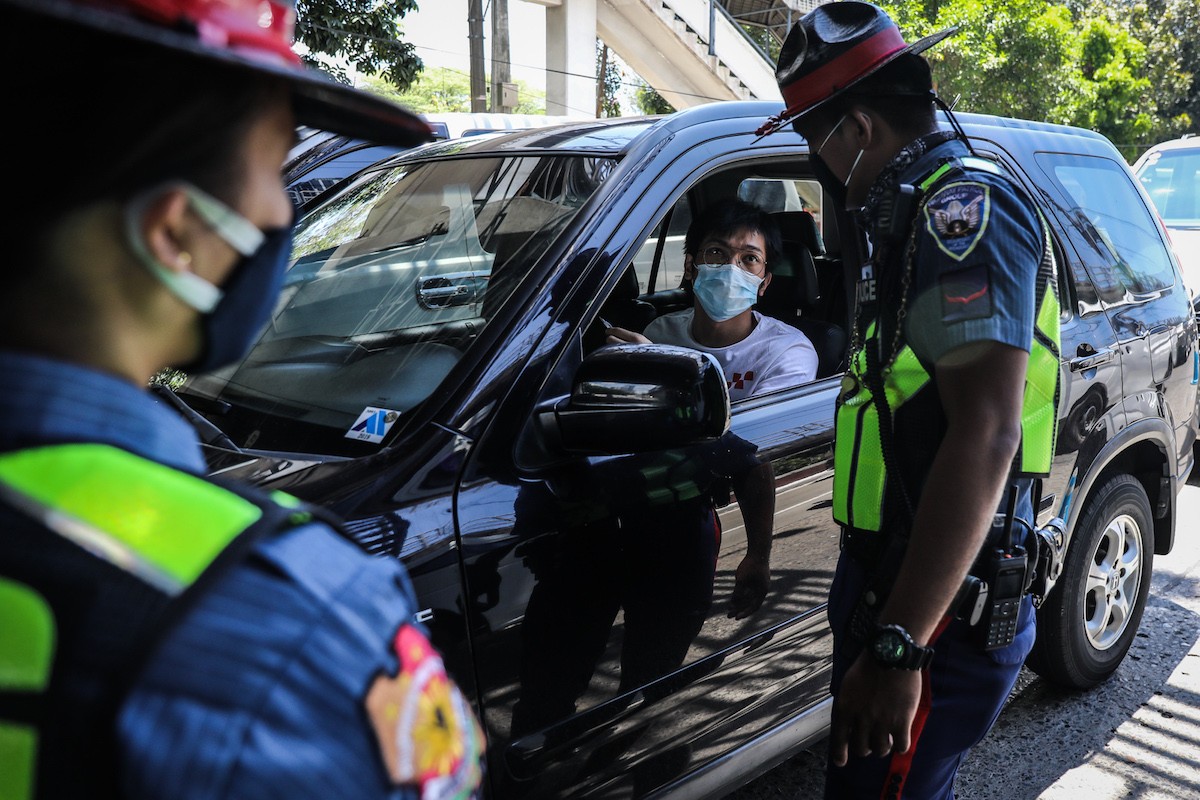Human rights advocates and truth-tellers in the Philippines face stepped up attacks from the government as the clamor for social welfare nets in the grassroots level intensifies.
Police in Bulacan province, just north of the capital Manila, have announced they would file inciting of sedition charges against members of a relief team of a militant organization serving the poor.
Their evidence for the alleged crime — copies of legal left-wing publication “Pinoy Weekly” and health pamphlets critical of the government’s response to the new coronavirus pandemic.
One of the magazine’s issues carries a first-person report by Kenneth Guda, an award-winning journalist, on the dispersal of an urban poor protesters in the capital.
That the case against members of the leftist Anakpawis party’s relief workers morphed from alleged violations of quarantine rules to a grave political crime bares the mailed-fist tactics of a government seeking to cover up serious flaws in its management of a health emergency.
In the central Philippine city of Cebu, officials arrested writer and actor Bambi Beltran. Authorities interpreted a short satirical post as “false information,” a crime under a new law granting President Rodrigo Duterte special powers to manage the fight against the new coronavirus disease.
Beltran’s post took off from city officials’ announcement last week that health authorities considered a village of 9,000 people as “infected.”
She tacked on a quip: “We are now the epicenter in the whole solar system,” a mocking reference to years of false memes quoting various global celebrities praising Duterte as “the best president in the solar system.”
These recent moves cracking down on free expression seem ludicrous. But under the Duterte administration, the ridiculous can also be deadly, with the antics of the president and top law enforcers keeping pace with rising numbers of extra-judicial killings and arrests for trumped-up charges in the pre-COVID-19 years.
“The recent wave of warrantless arrests for allegedly spreading ‘fake news’ is deplorable because it tramples on one of our most cherished freedoms — the freedom to speak freely,” read a statement from the Free Legal Assistance Group.
“The arrests are also dangerous because they are the product of the unbridled discretion of the police, unchecked by the cold neutrality of an impartial judge,” it added.

Gags
Transparency is a must in the face of a pandemic. But even under tamer bureaucratic conditions, gag orders abound, and whistleblowers have been punished.
Returning overseas workers brought to quarantine facilities have to sign waivers against posting on social media.
Defiant workers took to Facebook last week to show “filthy and unhygienic” conditions in their quarantine centers, with the subsequent social media furor prompting improvements.
The deputy chief of the National Center for Mental Health, Clarita Avila, found herself reassigned to another post after she sounded the alarm on COVID-19 cases and deaths in the facility.
The Department of Health bans hospitals from announcing case developments before the national agency releases its report. But it has done away with its previous detailed rundown, limiting new announcements to figures.
The National Bureau of Investigation has already summoned about a dozen individuals to explain why they should not face charges for spreading “false information.” Rights lawyers said among the targets were critics of the slow response to people’s welfare needs.
Duterte himself has attacked human rights lawyers for coming to the aid of residents facing abuse during the emergency period. He likened the offer of legal aid as “giving encouragement for people to violate the law.”
Rights advocates fears do not stem from overheated imaginations. Even as the social welfare agency admitted on April 20 that it had so far reached a third of the 18 million target poor families needing cash aid, military officials announced they would prevent militant groups from relief operations.
The spokesperson of the military said they would allow only those “with a genuine desire to help,” highlighting the government’s hostility towards criticism.
Duterte warned last week that he would impose “martial law-like” measures to clear the streets of the national capital region of unnecessary human traffic.
Even as that edict awaits its official start, Duterte’s government is moving swiftly to cover the country with the silence of the graveyard.
Inday Espina-Varona is an award-winning journalist in the Philippines. She is a recipient of the “Prize for Independence” of the Reporters Without Borders in 2018. The views expressed in this article are the opinions of the author and do not necessarily reflect the editorial stance of LiCAS.news.







